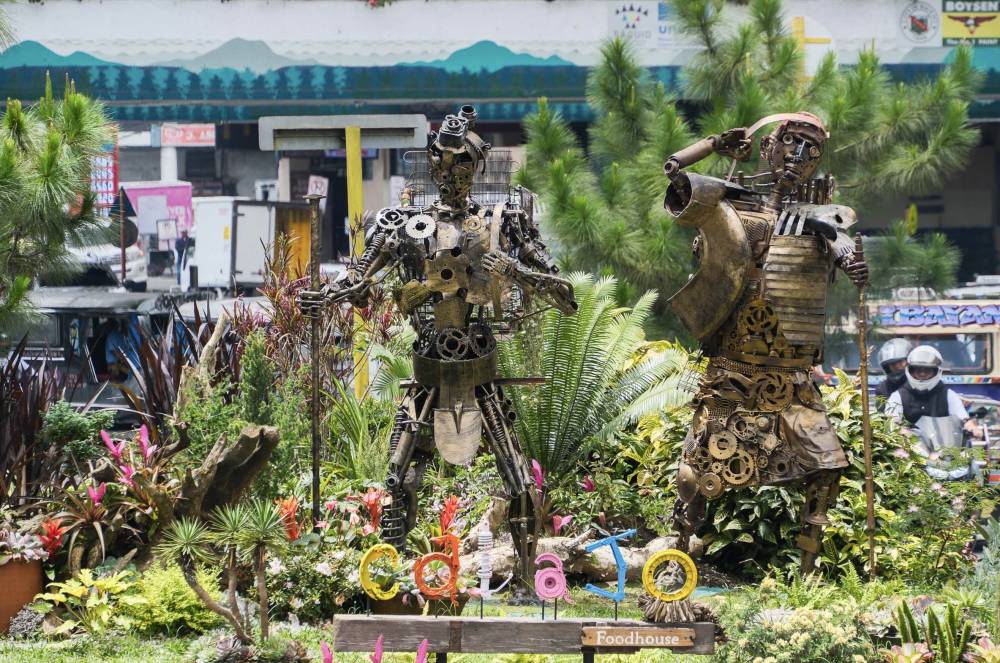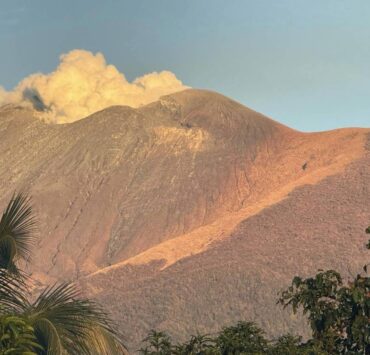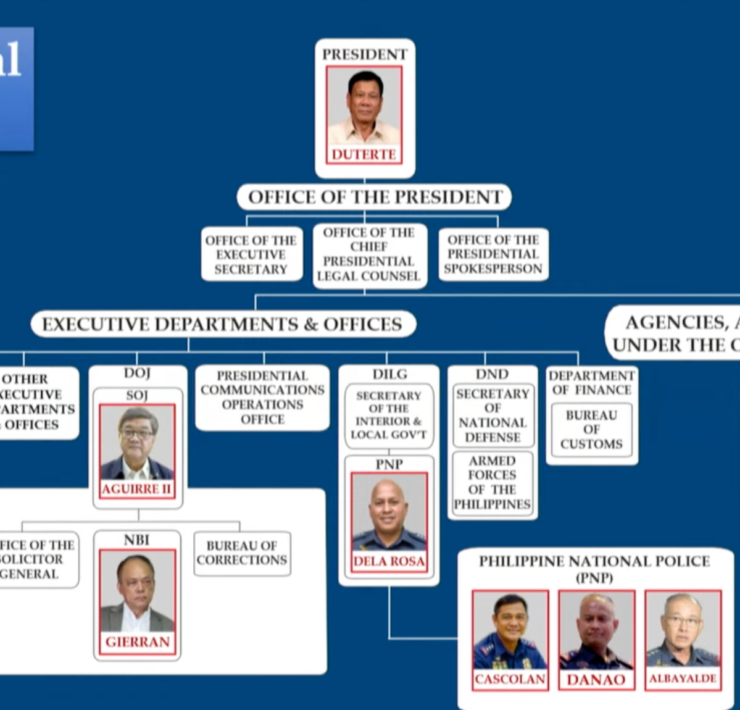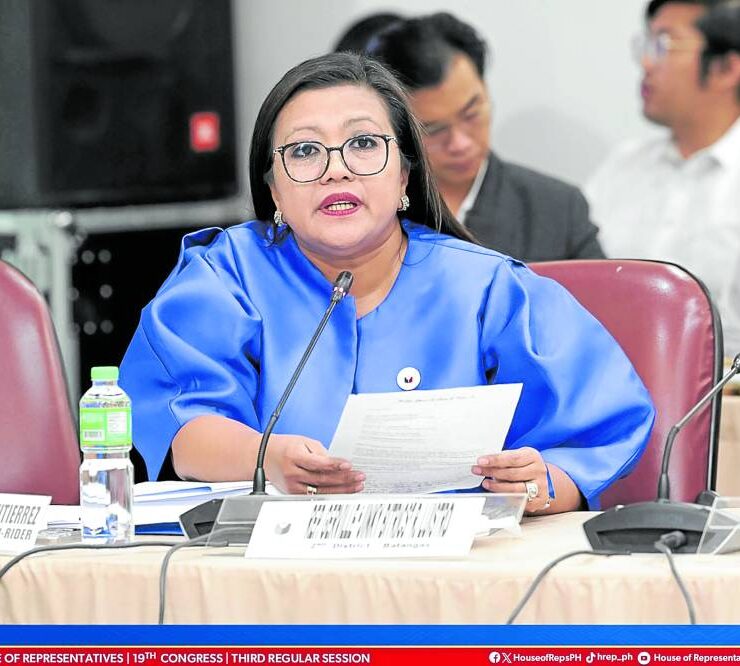NCIP now allows ancestral land titling in Baguio

BAGUIO CITY—The National Commission on Indigenous Peoples (NCIP) had decided to allow ancestral land titling of forest lands and reservations within the city territory provided these were not within the city’s original townsite.
This decision reverses a previous NCIP ban from April 8, which had stopped processing Ibaloy ancestral land claims in the city, surprising the local indigenous community.
The city council objected to this NCIP policy, arguing that it discriminates against modern generations of Ibaloys whose great grandparents thrived in settlements here at the beginning of the 20th century before they were displaced by the colonial government.
The NCIP Cordillera Director Ronald Calde said his agency made the decision in April to heed a succession of Supreme Court rulings that “explicitly” bar the agency from issuing certificates of ancestral land title (CALT) and certificates of ancestral domain title (CADT) within the Baguio Townsite Reservation.
The Supreme Court interprets the Baguio townsite as all of the city territory. But sections of Baguio have been segregated from the townsite and preserved as civil, military or forest reservations through proclamations.
The Camp John Hay Forest Reservation, the mining reservation near the Mines View Park and the Fort Del Pilar reservation of the Philippine Military Academy are some of the city’s protected reservations that no longer formed part of the original townsite.
“Last Friday (Sept. 20), the commission en banc amended the resolution, which now says (the NCIP Baguio office) can continue delineating ancestral land claims on reservations and proclamation sites that are separate from the townsite,” Calde said during the council session on Monday.
Perimeter
The NCIP has asked the Department of Environment and Natural Resources to establish the townsite perimeter so the agency can determine which lands are outside its jurisdiction, he said.
The Sept. 25, 2019 decision penned by then Acting Chief Justice Antonio Carpio, and the April 26, 2023 and July 11, 2023 rulings written by Senior Associate Justice Marvic Leonen have cited Section 78 of the Indigenous Peoples Rights Act of 1997 (Ipra or Republic Act No. 8371) which states: “the City of Baguio shall remain to be governed by its Charter, and all lands proclaimed as part of its townsite reservation shall remain as such until otherwise reclassified by appropriate legislation.”
The American colonial government originally classified all lands within the city townsite as “alienable and disposable” so they could sell Baguio property and raise the funds needed to run the city.
It was in 1909 when the colonial government designed, built and opened Baguio. The country’s affluent Filipinos were among the first people who bought Baguio lands at the time.
In the same year Baguio became a chartered city, the United States Supreme Court established the “Native Title Doctrine” in 1909 when it validated Baguio Ibaloy Mateo Cariño’s rights to lands sequestered by American soldiers, which is now Camp John Hay. The doctrine is one of the foundations of Ipra.
The high court does not reject the legitimacy of Ibaloy land claims. In the 2022 and 2023 decisions, Leonen said Ipra “does not overturn the doctrine laid down in Cariño v. Insular Government (the Native Title Doctrine), which recognizes ownership of land occupied and possessed since time immemorial.”
The Ibaloys’ ancestral domain in Barangay Happy Hallow inside Camp John Hay was recognized by the national government through a CADT, which testifies to their existence in Baguio before the Americans took over.
‘Chilling effect’
But Vice Mayor Faustino Olowan said both the court rulings and the NCIP’s stop order in April have delivered a “chilling effect” on Ibaloy homeowners. Many Ibaloys who were granted CALT were worried that their formally recognized indigenous properties could be forfeited. One family has put up makeshift walls around their CALT area.
Calde, an indigenous Cordilleran lawyer, said the local government could pursue the removal of Section 78 by asking Congress to amend Ipra and “cure” Baguio’s land problems.
Amendments to the modern Baguio City Charter could also remove the city’s exemption from the law, said Councilor Isabelo Cosalan, an Ibaloy engineer.
Calde said the NCIP has asked for a joint session with the council in October to thresh out the mechanics of proceeding with ancestral land titling even if restricted to government reservations only.
Councilor Peter Fianza, an Ibaloy lawyer, said the joint session should bring up other NCIP programs in Baguio which may have also been discontinued because of the court’s Baguio rulings, such as the Free, Prior and Informed Consent (FPIC) of Ibaloys for public or private projects that would be undertaken on IP lands. Heavy infrastructure projects that are being developed may require an FPIC, said Councilor Arthur Allad-iw, also an IP.
Councilor Jose Molintas, another Ibaloy lawyer, expressed skepticism at the loophole being exploited by the NCIP through the amended NCIP Res. 2024-09.
The court’s July 11, 2023, decision voided the CALT issued to an Ibaloy household because the family occupied a forest. A motion for consideration regarding this ruling is pending before the high court.





















